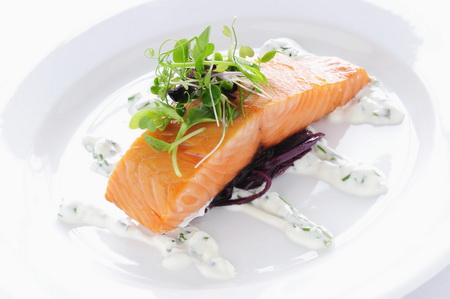
Overview
Colder temperatures can be channeling. As the days grow shorter, they get darker earlier, and huddling inside becomes the norm and not the exception. However, winter can also bring opportunities to nourish yourself with foods that warm you up and boost your immune system. Here are some of the healthiest foods to eat during winter.
1. Root Vegetables
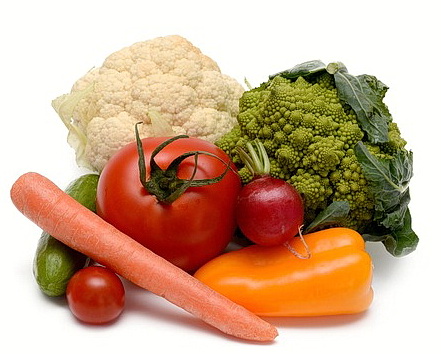
Root vegetables (plants where the primary food source grows underground). Sweet potatoes contain beta-carotene, an excellent antioxidant that the body converts into vitamin A to support eye health and the immune system. It’s what gives sweet potatoes their orange color. Carrots and beets are also nutrient-rich, making them ideal for winter meals. They are packed with vitamins A and C, antioxidants, and fiber, which support the immune system and improve digestion.
2. Dark Leafy Greens
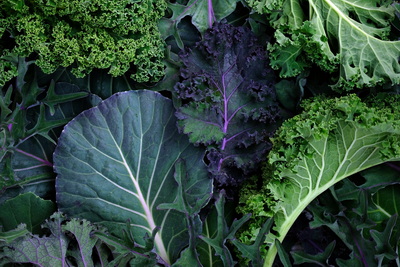
Leafy greens are vegetables with edible leaves that contain healthy nutrients and are often dark green in color. Kale and spinach are two nutrients in this category. They are high in vitamins C and K, iron, calcium, and fiber which makes them great for maintaining strong bones, supporting blood health, and boosting immunity. Kale is especially rich in antioxidants and anti-inflammatory compounds, which help lower blood pressure and cognitive functionality.
3. Citrus Fruits
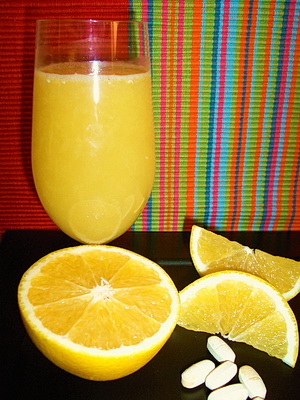
Oranges, grapefruits, lemons, and limes are all in the citrus fruit category and provide an excellent source of vitamin C, which is vital for immune health. The antioxidants in these fruits help combat oxidative stress and may lower the risk of colds. Additionally, citrus fruits contain nutrients that support heart health and digestion.
4. Garlic and Ginger
Garlic has been shown to boost the immune system and reduce the severity of cold symptoms. Primarily because it is rich in sulfur compounds, which are excellent for their antioxidant properties and joint health. Ginger has anti-inflammatory effects and has been known to be soothing for sore throats, reduce nausea, and improve digestion.
5. Winter Squash
Winter squash varieties like butternut and spaghetti squash are rich in fiber, vitamins A and C, potassium, and antioxidants. The high fiber content in this food helps with digestion, while vitamins A and C play a role in immune health. The potassium in squash can also help regulate blood pressure and keep your heart healthy.
6. Oats
Oats are energy foods as they are high in fiber, particularly beta-glucan, which can lower cholesterol levels and support heart health. Oats are also rich in vitamins and minerals like iron, magnesium, and zinc, which help your immunity and metabolism. Oatmeal is one of the most popular foods that contain these nutrients. One person said she likes oatmeal for breakfast but adds additional nutrients that will help boost her immune system even more. She adds milk, turmeric, black pepper, cumin, chia seeds, blueberries, strawberries, and nuts*. Now that’s one healthy meal!
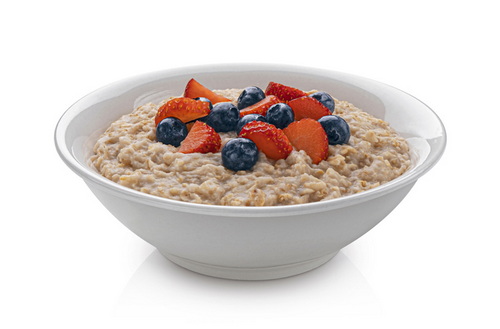
7. Nuts and Seeds

Nuts* are very healthy for your energy and brain support. Seeds like almonds, walnuts, chia seeds, and flaxseeds are packed with healthy fats, protein, and fiber. Walnuts, for example, are high in omega-3 fatty acids, which can reduce inflammation and support heart health. Don’t forget about chia seeds and flaxseeds, which contain fatty acids and fiber, aid digestion, and can stabilize blood sugar levels.
-
- Check with your medical provider to ensure eating nuts is healthy for you.
8. Fermented Foods
These foods undergo a healthy process called fermentation, in which microorganisms such as bacteria and yeast break down the sugars and starches in the food.
Yogurt, sauerkraut, and kimchi are some of the fermented foods which help provide a healthier gut. This is important for immune function and helps improve digestion.
9. Fish Rich in Omega-3s
As we have mentioned in previous articles, omega-3 fatty acids have anti-inflammatory properties and support heart and brain health. Omega-3s are essential during winter when people are prone to seasonal affective disorder (SAD), as they can help improve mood. Additionally, they are high in protein and vitamin D, which is essential during the winter months when sunlight exposure is limited. Fatty fish like salmon, mackerel, and sardines are great sources of Omega-3s.
10. Pomegranate
Pomegranates are loaded with antioxidants and can be purchased as fruits or seeds (arils). Pomegranates are also a good fiber and vitamin C source, helping support the immune system and promote healthy digestion. Purchasing pomegranate juice would be beneficial all around as it contains the healthy nutrients in the seeds and the fruit.
Conclusion
Incorporating these nutritious foods into your winter diet can help keep you healthy, energized, and resilient against seasonal illnesses. Focus on various vegetables, fruits, healthy fats, and protein sources to meet your nutritional needs. Whether you’re cozying up with a bowl of soup, enjoying a citrus snack, or adding a handful of nuts to your meal, these healthy choices will support you through the cold months and keep you feeling your best. But don’t stop there. Stay on top of your health by using these recommended foods all during the year!
